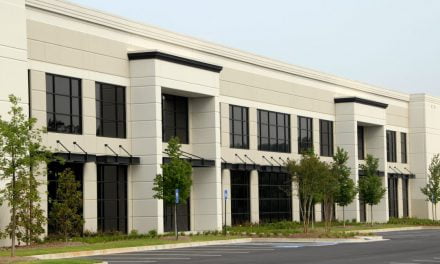CIM Urban REIT 211 Main Street (SF) LP v. City and County of San Francisco
Facts: An owner operates two businesses in a city. The businesses are merged under their ownership by the same parent entity. Concurrently, a majority interest of the ownership of the parent entity changes, triggering both property base value reassessment by the county and a transfer tax imposed by the city. The transfer tax amount exceeds the tax rate allowed under the California revenue and taxation code. The owner pays the transfer tax and sues for a refund.
Claim: The owner claims the transfer tax paid was excessive since it exceeds the maximum amount the city is allowed to charge under the state revenue and taxation code.
Counterclaim: The city claims it is exempt from complying with the state transfer tax and tax base assessment requirements since it acts as a city which allows the city to legislate its own municipal affairs.
Holding: A California court of appeals holds the owner is not entitled to a refund of the transfer tax paid on the change in ownership of the parent entity which indirectly owns the real estate since the city may act on its own affairs and need not comply with rates set by the state revenue and taxation code for property base value assessments. [CIM Urban REIT 211 Main Street (SF) LP v. City and County of San Francisco (2022) 75 CA5th 939]
Read CIM Urban REIT 211 Main Street (SF) LP v. City and County of San Francisco here.
Related Reading:
Legal Aspects of Real Estate














